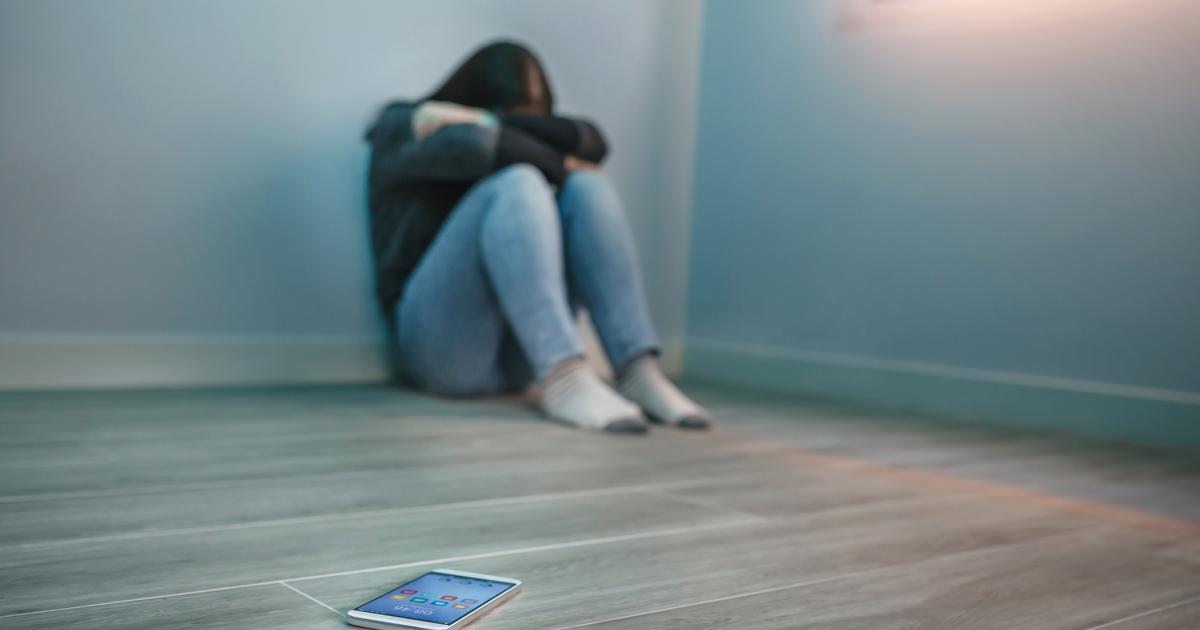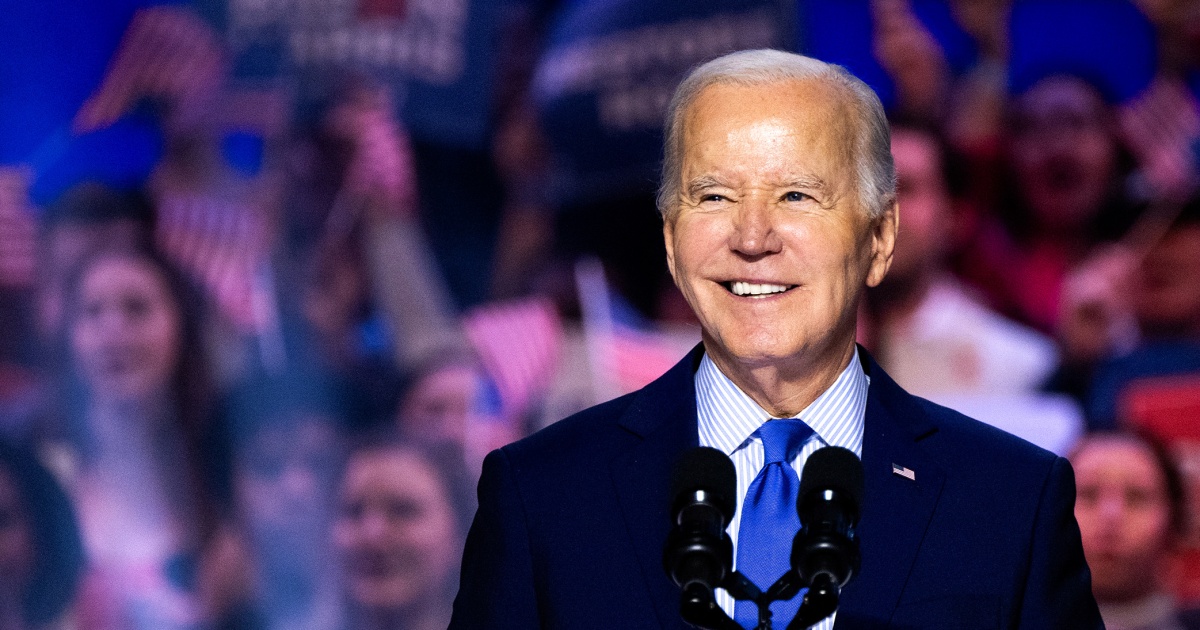Who said only light choreography and cute animals are popular on TikTok?
In recent months, the popular social network for adolescents, which has seen a record number of downloads in France and around the world thanks to the confinements, has been hosting a new kind of videos.
After conquering public figures and politicians, the Chinese application has become the flagship platform for scientists who want to inform a young audience about the pandemic and the vaccination campaign that is starting.
From doctors to researchers and institutions, TikTok gives scientists of all stripes a voice.
And for good reason, long criticized for its mismanagement of false information circulating on its application, the platform has taken many measures to highlight reliable news on the health crisis.
By opening the application, for example, the personalized "For you" home page, which suggests content based on videos liked, now includes a Covid-19 tab.
With one click, it is possible to access information on the epidemic "from official sources", or shared by various users under the hashtag # Covid-19.
A banner has also been added by the social network since December 15 on videos dealing with the vaccine.
This leads to an "information center" which highlights the work of the media, organizations or the government to provide information on the epidemic.
Fighting disinformation about the pandemic
Among these official sources, the World Health Organization (WHO, or WHO in English).
The international agency understood very early on the potential of the platform to educate on the new coronavirus, by investing in it as early as February.
And his scores have nothing to envy the most influential Tiktokers.
Videos posted by the organization are viewed millions of times, and the institution is followed by nearly 10 million subscribers.
From how to wear the mask in February to the reliability of vaccines today, the WHO has been able to adapt its issues according to the evolution of the epidemic.
To better seduce its young audience, it even used codes that are widely used on the application, such as heady music, hashtags, or even challenges launched to subscribers.
Building on this success, the United Nations (on which the WHO depends) launched in November an unprecedented project to fight against disinformation on the coronavirus: the “TeamHalo”.
His slogan?
“Follow these scientists who are working to provide us with safe and effective Covid vaccines.
Ask them anything.
"
Morning essentials newsletter
A tour of the news to start the day
Subscribe to the newsletterAll newsletters
This initiative brings together scientists from around the world, including the French infectious disease specialist Nathan Peiffer-Smadja, who publish explanatory videos on the epidemic under the same hashtag.
The topics discussed on TikTok, but also Twitter or YouTube, concern vaccines against Covid-19 and aim to fight against the spread of false rumors.
Scientist Anna Blakney for example, who helped design a vaccine against Covid-19, explains, not without humor, how its development could have been so rapid.
"With nearly unlimited funds and the cooperation of doctors, regulators and scientists, was a vaccine created in nine months?"
How weird, ”she quips in a video published in December, which uses viral music from TikTok.
Much further behind, the French government only launched its official TikTok account on December 20, a day before the European Union authorized the Pfizer-BioNTech vaccine.
Above, all the videos, also featured in the application's “Information Center”, address issues related to vaccination in France in short animated clips.
Will it be free?
Mandatory?
How will the campaign unfold in the country?
The goal for the government: to go back on preconceived ideas, while the French are among the countries most resistant to the idea of being inoculated with the new treatment of Pfizer-BioNTech.
Doctor by day, TikTokeur by night
Even without working on the vaccine design, other French doctors have entered the platform to discuss the issues of vaccination.
Cardiologist Louis Bendayan, who gives consultations in his clinic in the 13th arrondissement of Paris during the day, has thus accumulated 3.8 million “likes” on his videos dedicated to the epidemic.
"With the appearance of Covid-19, I found a number of alarming fake news on social networks which were swallowed up by people," recalls the scientist, contacted by Le Parisien.
Annoyed by the messages minimizing the severity of the disease, Louis Bendayan, who sees patients severely affected by the new coronavirus every day, decides to embark on the TikTok adventure.
This social network is particularly popular with scientists because it is the one that offers the greatest visibility, assures Louis Bendayan.
The cardiologist has also opened accounts on Instagram and Twitter, but with much less success.
In return, TikTok asks to be synthetic, since the videos posted cannot exceed one minute.
READ ALSO>
Covid-19: “Hold-up”, 5G, bleach, “grippette”… a crazy year of fake news
By popularizing scientific research in the form of video, he wants "that the greatest number of people can have access to real medical information".
He also responds to people who ask him about the conditions of the vaccination, to find out if one can, for example, receive an injection with an autoimmune disease or cancer, or be infected once vaccinated.
This platform is also used to express its dissatisfaction with the too slow pace of the government vaccination campaign, which for its part assumes "take its time".
Like him, other French scientists, with various specialties, rely on the Chinese social network to talk about medicine.
Among them, Ilyass Iza or rather “Doctor Iza”, pathologist at Bichat hospital, followed by a million people.
The caregiver exhibits, for example, images of lungs infected with SARS-Cov-2 to raise awareness of the possible consequences of the disease.
“Follow the doc”, more modestly known, still has 50,000 subscribers.
This plastic surgery intern invites Internet users to ask their questions about the coronavirus and shares his daily life at the hospital.
But these scientist-influencers still have work ahead of them, because on the Chinese social network, the rumors assuring that the vaccines would contain a 5G chip, harmful nanoparticles or would replace our DNA collect millions of views.
And with the increased vaccination rate in 2021, this misinformation is expected to intensify further.













